VIDEO: 150,000 Penguins Have Died Since a Huge Iceberg Blocked Their Colony From the Sea
The penguins died in recent years after an iceberg "the size of Rome" became grounded near their Antarctic colony in 2010, separating them from their food source: the sea.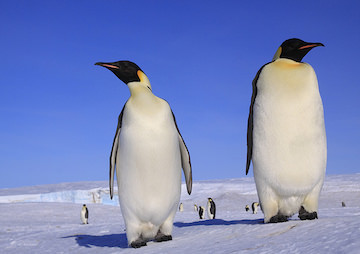
An estimated 150,000 penguins have died in Antarctica in recent years after an iceberg “the size of Rome” became grounded near their colony, separating them from their food source: the sea.
The Guardian reports:
The penguins of Cape Denison in Commonwealth Bay used to live close to a large body of open water. However, in 2010 a colossal iceberg measuring 2900sq km became trapped in the bay, rendering the colony effectively landlocked.
Penguins seeking food must now waddle 60km to the coast to fish. Over the years, the arduous journey has had a devastating effect on the size of the colony.
Since 2011 the colony of 160,000 penguins has shrunk to just 10,000, according to research carried out by the Climate Change Research Centre at Australia’s University of New South Wales. Scientists predict the colony will be gone in 20 years unless the sea ice breaks up or the giant iceberg, dubbed B09B, is dislodged.
Penguins have been recorded in the area for more than 100 years. But the outlook for the penguins remaining at Cape Denison is dire.
“The arrival of iceberg B09B in Commonwealth Bay, East Antarctica, and subsequent fast ice expansion has dramatically increased the distance Adélie penguins breeding at Cape Denison must travel in search of food,” said the researchers in an article in Antarctic Science.
Read more here.
—Posted by Alexander Reed Kelly.
Your support matters…Independent journalism is under threat and overshadowed by heavily funded mainstream media.
You can help level the playing field. Become a member.
Your tax-deductible contribution keeps us digging beneath the headlines to give you thought-provoking, investigative reporting and analysis that unearths what's really happening- without compromise.
Give today to support our courageous, independent journalists.

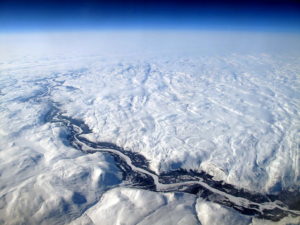
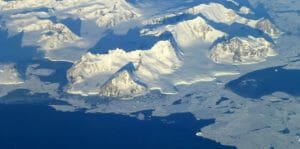
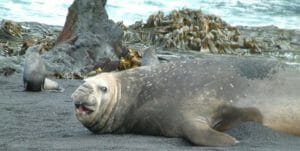
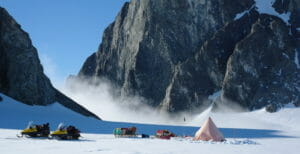
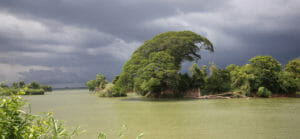
You need to be a supporter to comment.
There are currently no responses to this article.
Be the first to respond.